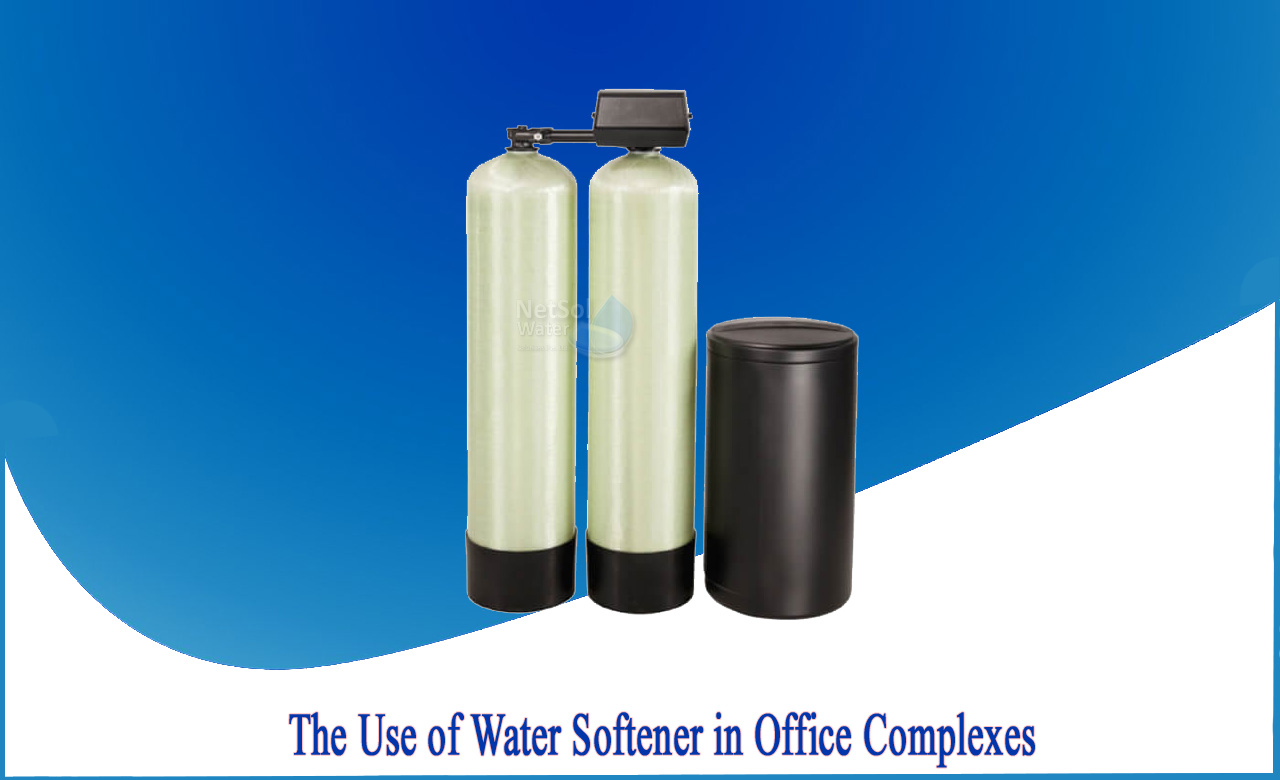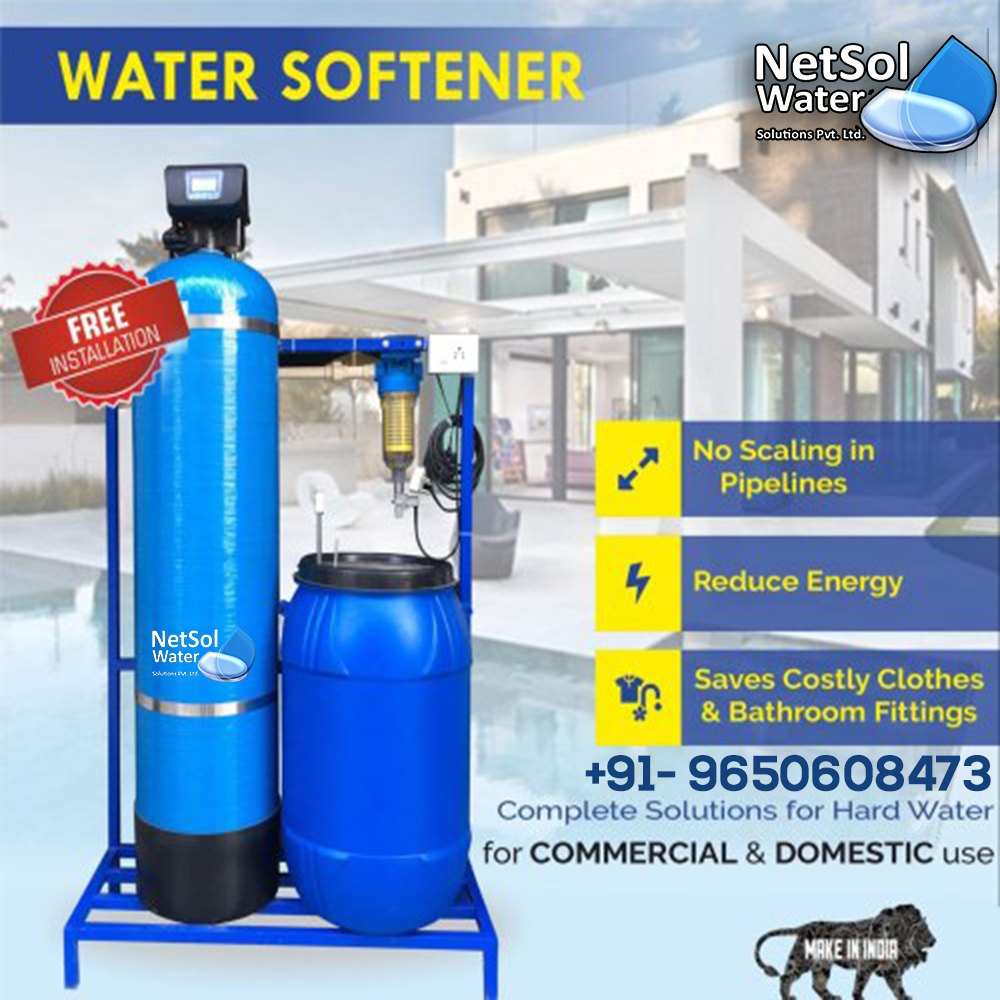Office water coolers have many advantages, but are you struggling with the effects of hard water in office buildings?
Installing a commercial water softener may be the right choice for you.
Why use Water Softener in office complex?
Commercially available water softeners remove mineral ions that contribute to the hardness of the water. A better understanding of how off-the-shelf water softeners work will help you understand whether your water softener system is the ideal solution for your needs, including the contaminants they remove.
A Water Softener
Water softeners are used to remove mineral ions from hard water. These mineral ions can have a significant impact not only on industrial plants and machinery, but also on employees. Before explaining how a commercial water softener works, let's find out exactly what hard water is.
Hard water encyclopaedia
Hard water is water that contains a lot of hardness causing ions. These minerals are provided in the form of ions that are absorbed and bound to water molecules as they penetrate the soil.
Hard water occurs naturally, and the water softeners use a natural process to reverse the hardness of the water. Naturally, some parts of the world have harder water than others. When dealing with the effects of hard water, everyone else in the same municipal water supply is dealing with hard water.
The hardness of water can be affected by various minerals. Hard water predominantly contains calcium carbonate and magnesium, which are found in chalky soil and limestone. However, hard water can also contain metal ions like iron, manganese, zinc, aluminium, and others.
When do you need a Water Softener?
The simple answer for when you need a water softener is when the effects of hard water are too difficult or detrimental to deal with. This threshold varies for individuals and organizations.
The effects of hard water can be serious, especially in a commercial environment. Understanding these effects will help you better understand if you need the system.
Note that water has varying degrees of hardness. Water hardness ranges from "soft water" with dissolved calcium carbonate less than 200mg/l to "very hard" water with dissolved calcium carbonate greater than 2000 mg/l.
It is important to test the water before investing in a water softener, as the hardness of the water can vary from place to place. Water quality tests show not only the hardness of the water, but also the mineral content of the water. Water quality tests also reveal other pollutants in the water. High concentrations of contaminants in addition to mineral ions, in addition to water softeners, may indicate a water filter system such as: A commercially available reverse osmosis system is required.
Working of a water softening system
If you are wondering how a water softener works, the answer is a process called "ion exchange." Water softening systems are sometimes referred to as ion exchange systems.
When water permeates through the soil, it attracts mineral ions attached to water molecules by electric charge. The water softening system separates mineral ions from water molecules by replacing them with sodium ions. In other words, in water softeners, minerals in hard water are replaced by sodium ions.
Water discharged from the system is considered "soft" because hard minerals remain in the resin. Water softening systems typically include tanks containing resin and tanks containing salt water. If the resin is saturated with minerals, it needs to be refreshed.
Salty brine flows from the second tank into the resin-filled tank to restore the system to optimum operation. Sodium ions in the brine solution replace the mineral ions bound to the resin. The remaining water containing the removed mineral ions is washed away from the system as wastewater.
Collected minerals are periodically ejected from the system and can be automated on some systems. Sodium in the brine tank should also be replenished on a regular basis. Apart from these events, the water softening system works without intervention.
For the proper working of RO plants in offices, it is essential to include a pre-treatment step of Water Softening to avoid scaling on pipes or HVAC systems, thus ultimately providing a better quality water.
For more information on Water Softeners, consult Netsol Water.




